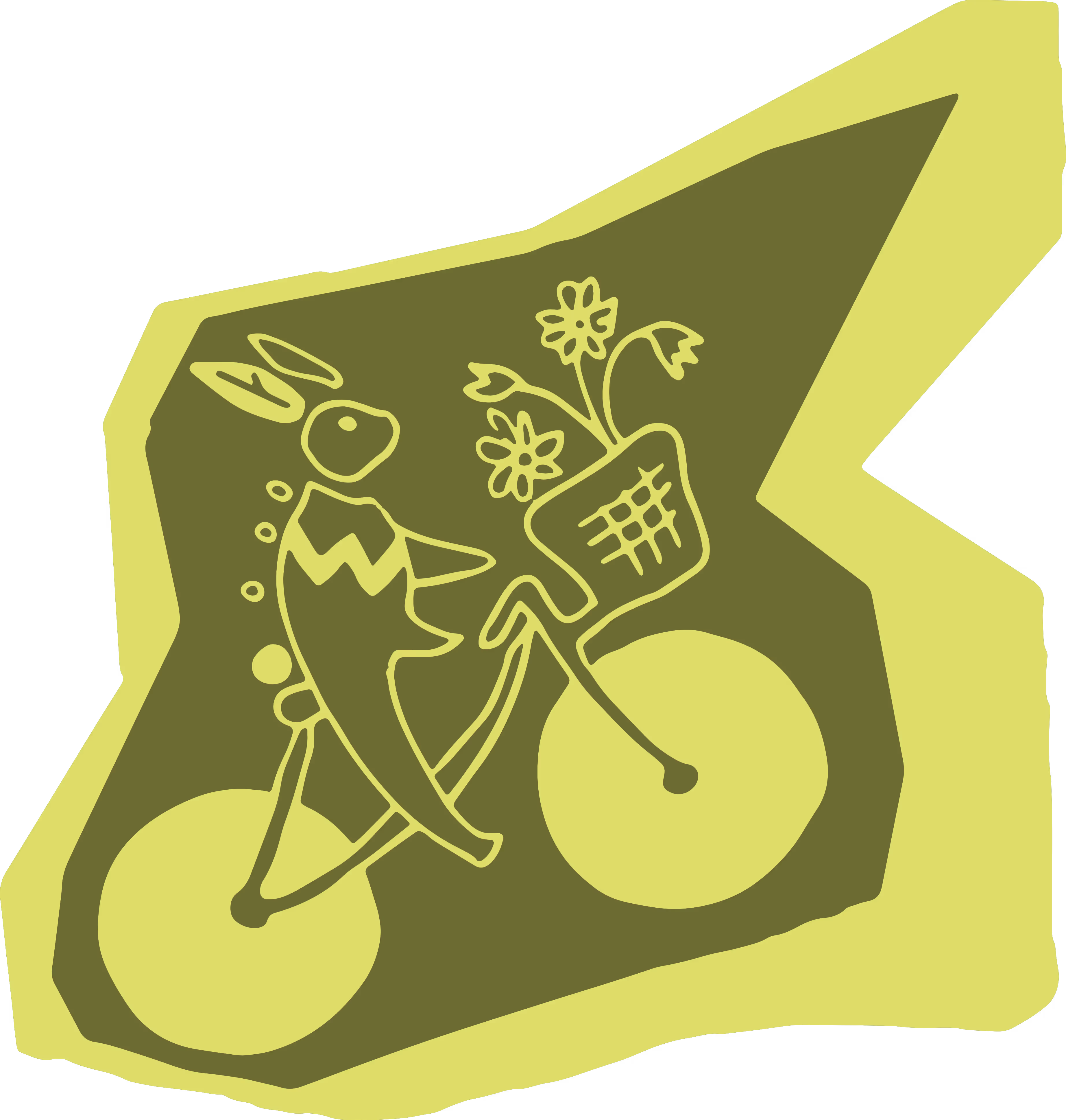Co-creative methods for practicing care-full scholarship
Creativity, when understood as distributed, requires of us that we “continuously construct ways of connecting with others and understanding them, including as a means of understanding ourselves” (Lebuda and GlăveanuI, 2019:4).
Participatory and transdisciplinary forms of action research inquiry can be particularly effective in facilitating such mutuality of co-creative thinking between self and others through the very process of doing research. Seemingly pivotal to their effectiveness is the importance they attach to dialogue (Giri, 2002; see also Ruiz Cayuela & Armiero 2022).
It is through a shared understanding and appreciation for one another’s differences in expertise, in perception and in life experience, that we are, in turn, able to advance our understanding about what matters and for whom, about how things are and for whom, about the reasons for why this may be the case, and about how they might be changed for the better.
Indeed in our care-full work (especially in the field of the sustainability sciences), we often act as bricoleurs (Wicks, Reason, and Bradbury 2008, 26), integrating and making sense of various perspectives and approaches throughout the evolution of the research process and our understanding of the issues being studied. Bricoleurs ‘make the road while walking’, combining action with reflection, and experimenting with different techniques as the process unfolds (Wicks et al., 2008, p. 26).
The final result is often an ‘eclectic pluralism’ of methods (Chambers, 2008, p. 297), which borrow from different academic disciplines as well as non-academic fields, used in different phases and for different purposes along the process.

The remainder of this lesson comprises of first-hand accounts from guest contributors of research approaches, tools and techniques that are centred around openly (and actively) collaborative, co-creative and care-full forms of research inquiry. In each case further detail on the research being discussed by the contributors can be found in the open access edited collection on 'co-creativity and engaged scholarship'. Within this collection you will also be able to access a number of other examples and accounts alongside.
As you listen to and read about their experiences and reflections, you may like to consider the following questions:

QUESTIONS:
- What does it mean to think of academic scholarship as a co-creative practice and of scholars as co-creative practitioners?
- How can engaged forms of co-creative research practice be nurtured in a manner which accords with the principles of care-full scholarship?




